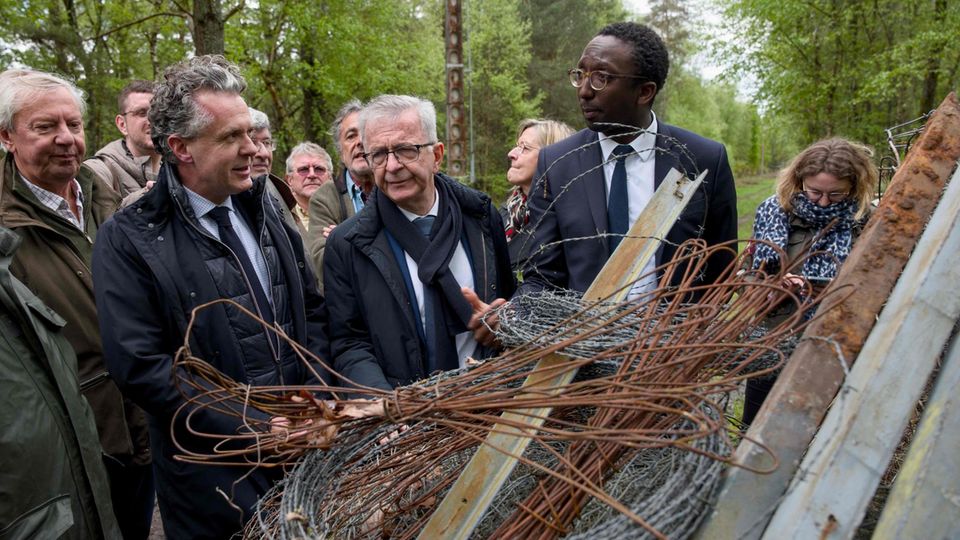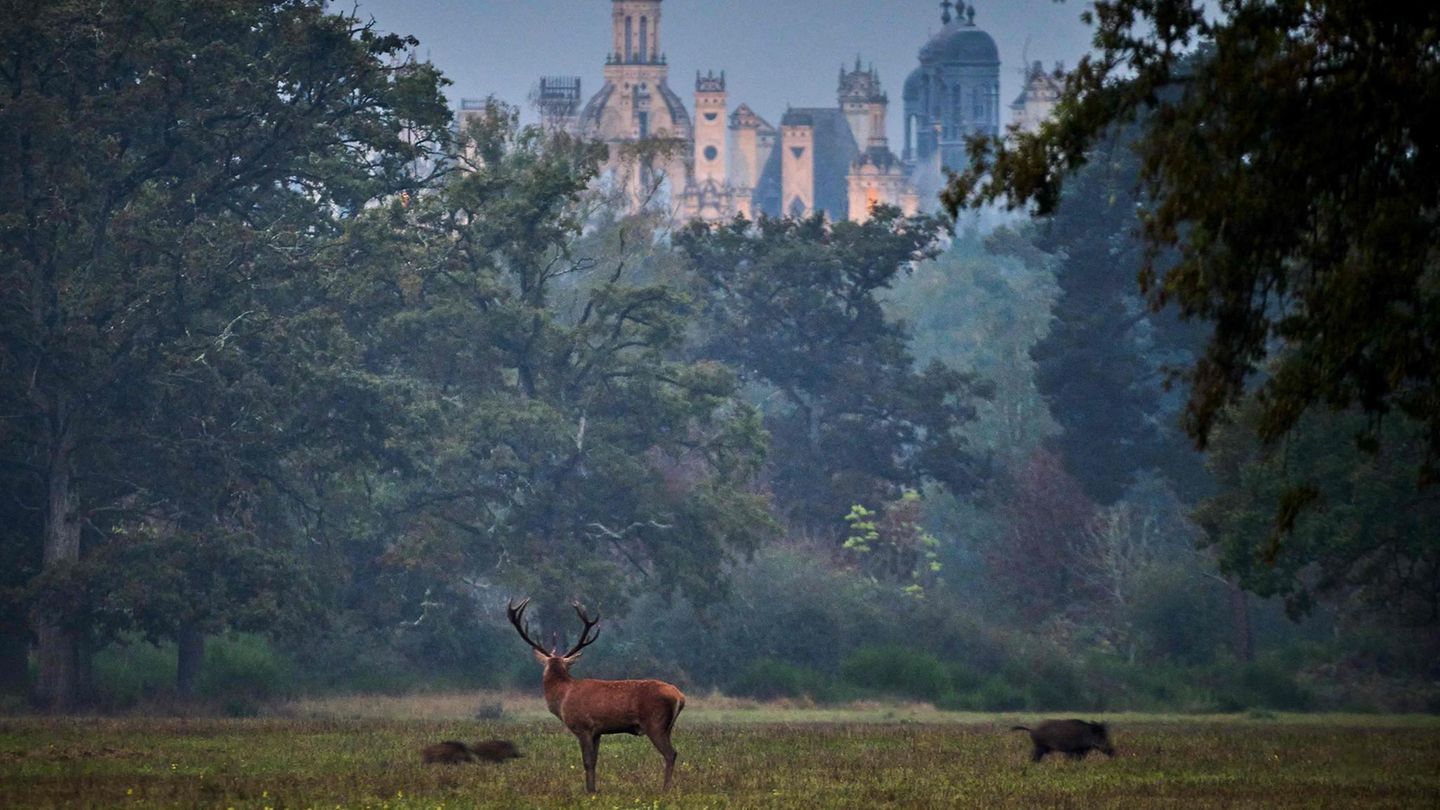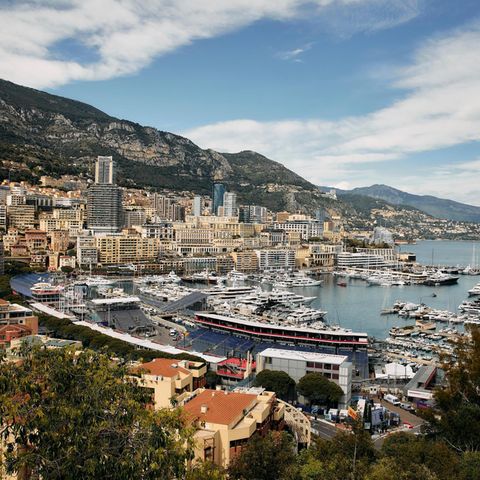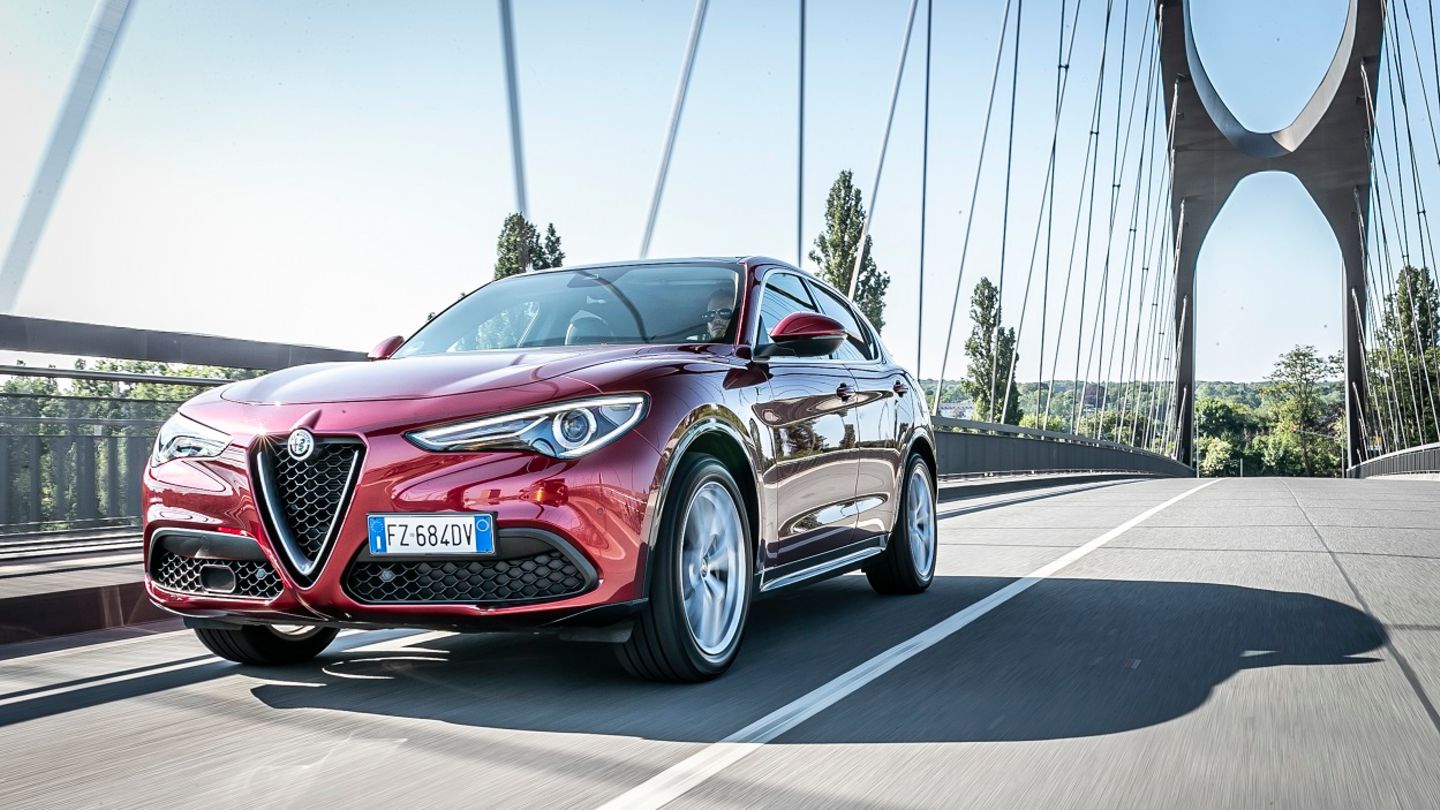Hunting spirit of the super rich
“This perversion has nothing to do with tradition”
Copy the current link
In the castles of Sologne in France, high society meets to hunt and transforms the forests into their private playground. Residents no longer want to see this.
Two hours’ drive south of Paris, a gigantic, undeveloped plain opens up in the fog-shrouded Loire valley: the Sologne. An enchanted landscape like you know from old oil paintings, 5000 square kilometers in size. The French aristocracy once hunted between pristine forests, ponds and heather. More than 400 hunting lodges are located in the area. Some belong to the state, most have found new owners: Sologne is now 90 percent privately owned. And the behavior of the new clientele is causing a lot of trouble. The author and journalist Jean-Baptiste Forray has researched what this means for the region.
Monsieur Forray, in your book “Les Nouveaux seigneurs” you describe a hidden world: the hunting grounds of the super-rich. Who are these “new gentlemen” as you call them?
These are primarily large captains of industry, the heads of French listed companies. Hunting is a popular pastime among the bosses of the CAC-40 companies (CAC, the French stock index, editor’s note).
Who is included?
For example, the Wertheimer brothers, the shareholders of Chanel. Or the Bouygues family. The cinema moguls of the Seydoux family are well known from the cultural sector. Olivier Dassault from the aviation company of the same name was a passionate hunter. He sold one or two “Falcon” in the Sologne forests before he died in a helicopter crash three years ago.
Jean Baptiste Forray
The French author and journalist Jean-Baptiste Forray researched the luxurious hunting parties in Sologne. His book “Les Nouveaux seigneurs” was published by Les Arènes.
Is that the purpose of these neo-feudal hunts? Is it about doing business?
Contracts are rarely signed. It’s about connections. You are together for hours, in the rain and mud. The sober rationality of the business world is interrupted, the hunting instinct counts. In some families – I’m thinking of the Vuittons – hunting has almost a religious meaning. Hubert-Louis Vuitton is acting president of the important hunters’ association in the Loir-et-Cher department. He hunts five days a week when time allows. His brother was a big fan of hunting with dogs.
The super-rich of Parisian society have taken over magnificent castles and gigantic forest areas. Apparently it’s not just about fun. They describe the Sologne as a “financial paradise”. What kind of world is this?
If you own and maintain forests, you enjoy tax benefits. That is certainly very pleasant. What is much more important, however, is the social bond that is forged there. In the Sologne you are among yourself. People from the finest Parisian neighborhoods find themselves in good neighborhood there. Politicians and business bosses come together in the castles; this has a long tradition. Former presidential candidate François Fillon, for example, likes to hunt with his friends from the Axa Group.
And Emmanuel Macron?
Not him. But he also knows the importance. After all, in 2017 he celebrated his 40th birthday at Chambord Castle, the most important and traditional property in the region. He also met the presidents of hunting associations in the forests. This was a symbolic choice with which he honored the hunting communities, even if he himself did not take part.
They describe an extremely discrete universe. Today, very few company bosses publicly boast about photos of dead animals. Nevertheless, hunting remains a gateway to society’s most exclusive circle. In your book you quote a participant who says: “Alongside elite schools and freemasonry, hunting is the most important social network.”
Yes, because unlike playing golf, when you hunt you spend entire days together. The meetings usually begin with a lavish dinner at the castle. The red carpet is rolled out for the guests and one or two Grand Crus are served for over 800 euros a bottle. Then a whiskey by the fire, maybe a cigar… In this setting, a lobbyist, consultant or employee can approach the company boss in a completely different way than in the office. If you get an invitation to the hunting lodge, it’s best to prepare so that you don’t look like a fool in the forest. The Paris shooting ranges are always well attended.
Hunting does not appear in the corporate calendars.
Many companies prefer the entry “Autumn Seminars”. Because yes, it is indeed a discrete world. And a very masculine one. There are hardly any women. People don’t want it to be reported on, which is why many people find my book in poor taste. As if I had violated secret codes.
Did you learn anything about psychology during your research? What are the powerful men looking for in the forest?
On the one hand, it’s escapism. Sologne is just a two-hour drive from Paris, and you can get there in thirty minutes by helicopter: beautiful scenery, fresh air, complete isolation. There are no paparazzi, journalists or other observers on the country estates. But you shouldn’t fool yourself. It’s not primarily about nature, but about hunting. This is something that vibrates in the depths of their souls.
Some properties are around 1000 hectares in size, so you can feel like a king in your own kingdom.
Certainly, because historically, hunting big game was a privilege of the nobility. Only the king was allowed to kill a deer. That’s why there is still a close connection between hunting and power today. After all, you decide on the life of a wild animal. You take the right to kill it. In my opinion, this very original demonstration of strength shapes the fascination with hunting in elite circles. For these people it’s not about getting food or caring for it.
Ninety percent of the forests in Sologne have now been privatized. Many properties are surrounded by meter-high fences, which together amount to a good 4,000 kilometers of fences.
There have been protests against this development for years. It’s not about criticizing hunting. But the system has taken on a dimension that no longer has anything to do with the customs and traditions of the simple “Sunday hunters”. Some of these nouveau riche landowners who have settled in Sologne are holed up behind security facilities like Fort Knox. They celebrate their kill with champagne showers. An oligarch close to Putin, who has since sold his property, had the wild boars piled up in meter-high towers. The protest against this perversion also comes from normal hunters in the area. They call it “porn hunting.”
What are they criticizing?
Because of the fences, the game can no longer move freely. The certain equality of opportunity, in which the animal could at least theoretically escape its hunter, is gone. In addition, the fences violate the achievement of the French Revolution, according to which game no longer belongs to the nobility, but to everyone. Special rules apply on private land: owners can hunt whenever they want, without seasonal restrictions. People from the region also talk about how the wild animals are fed. Majestic deer or deer stand behind the fences like cows, they are clearly used to people. Wild boars eat corn that is served to them. All of this breaks with fundamental principles.
How do the large landowners react to this criticism?
They say they need the fences to protect their property. A casino operator told me about his difficulties with angry customers who might intrude on him. But the properties are so extensive that the houses have to be specially secured anyway. The fences serve to make hunting easier and to keep as many animals as possible on his property. The development culminates in the fact that there are now gigantic playgrounds where the game is literally shot. A completely commercialized form of hunting.
What do you mean?
For example, in the heart of Sologne there is a large private property where 35,000 wild ducks are raised on the ponds each season. When a hunting party arrives, they shoot the birds with semi-automatic weapons. There are over 4,000 ducks and 15,000 rounds of ammunition for every 16 participants. Hundreds of wild boars are also killed on such weekends. This is obscene and is causing discontent in the area.
Are they hunting tourists who can book something like this separately?
Upscale hunting tourists, so to speak. You can rent an exclusive lodge, private chef included. The high seats are also luxuriously designed. The staff serves the aperitif every now and then, while other employees make sure that animals actually run the gun.
How much does the fun cost?
On one of these properties, which belongs to the fortune of a large French industrialist, you pay 14,800 euros for three days of hunting with a guide. However, that is the price without accommodation. That comes on top of that. Depending on what you want.
What actually happens to all the dead animals? Nobody can eat that much meat.
The freezers in Sologne are overflowing. Although there are many specialized processors and restaurants, the consumption of game cannot be increased indefinitely. This leads to sad events. Ducks that have been shot sometimes end up in a hole sealed with lime. And at the motorway service stations towards Paris you can often find pheasants and other wild birds in the rubbish bins after a weekend of hunting.
The Sologne, as you also describe, is a region that has always lived from hunting. Nevertheless, there is protest against the “new masters”. What is the conflict?
Hunting is the most important industry and, at least in the past, the population benefited from wealthy hunters and large landowners – after all, the estates require a lot of staff and employees. The wealthy Parisians brought stars and celebrities to Sologne, and people liked that. But there is now also a class of nouveau riche that cultivates real separatism. Their properties are “gated communities” in the forest. You travel with your own entourage. They don’t seek any connection to the land, they just use it. The fences are a symbol of this excess and isolation, I think.

The rich buy and colonize the province?
Yes, you can hardly call it anything else. When they get bored, they go somewhere else. Without worrying about the problems they may leave behind.
The protest has made a difference: By 2027, the majority of the fences must be lowered or at least designed to be permeable to wildlife.
“Neither walls nor fences” – that’s the slogan, exactly. None of the influential new gentlemen have been able to stop this law so far, which is a small miracle. However, it remains to be seen how it will be applied. I find it interesting that the protest doesn’t come from animal rights activists or activists. It is the small hunters, the local people, who – quietly but firmly – defend themselves against an approach to hunting and the forest that is far removed from the original idea.
Source: Stern
I have been working in the news industry for over 6 years, first as a reporter and now as an editor. I have covered politics extensively, and my work has appeared in major newspapers and online news outlets around the world. In addition to my writing, I also contribute regularly to 24 Hours World.







